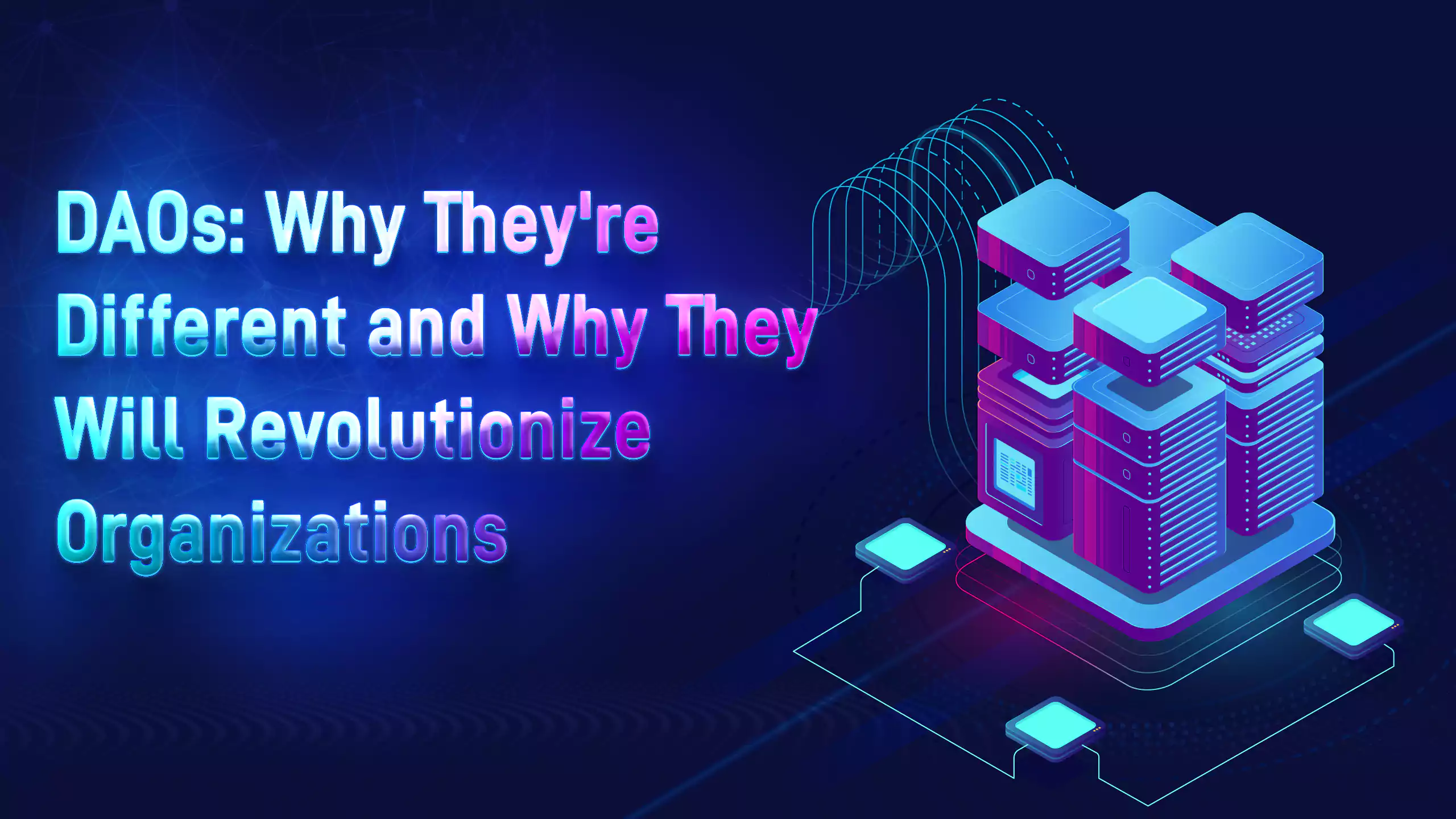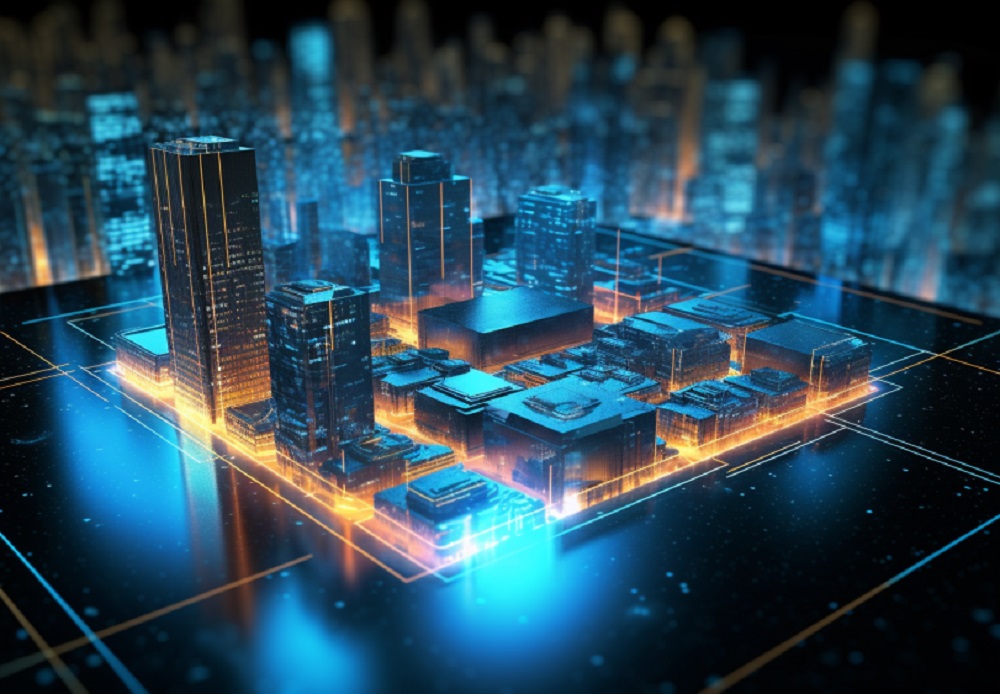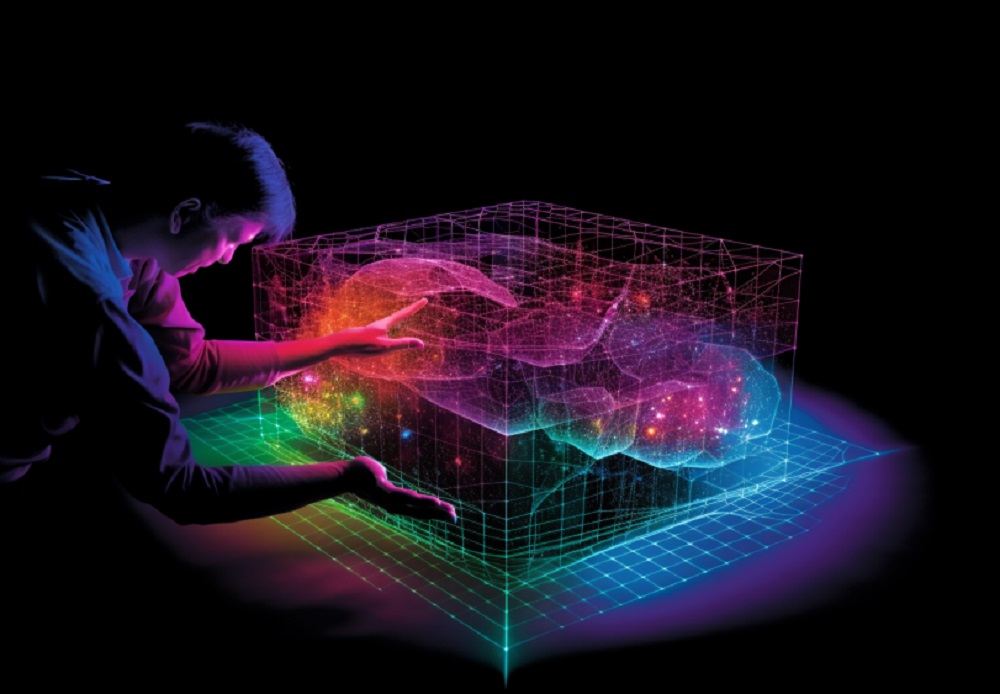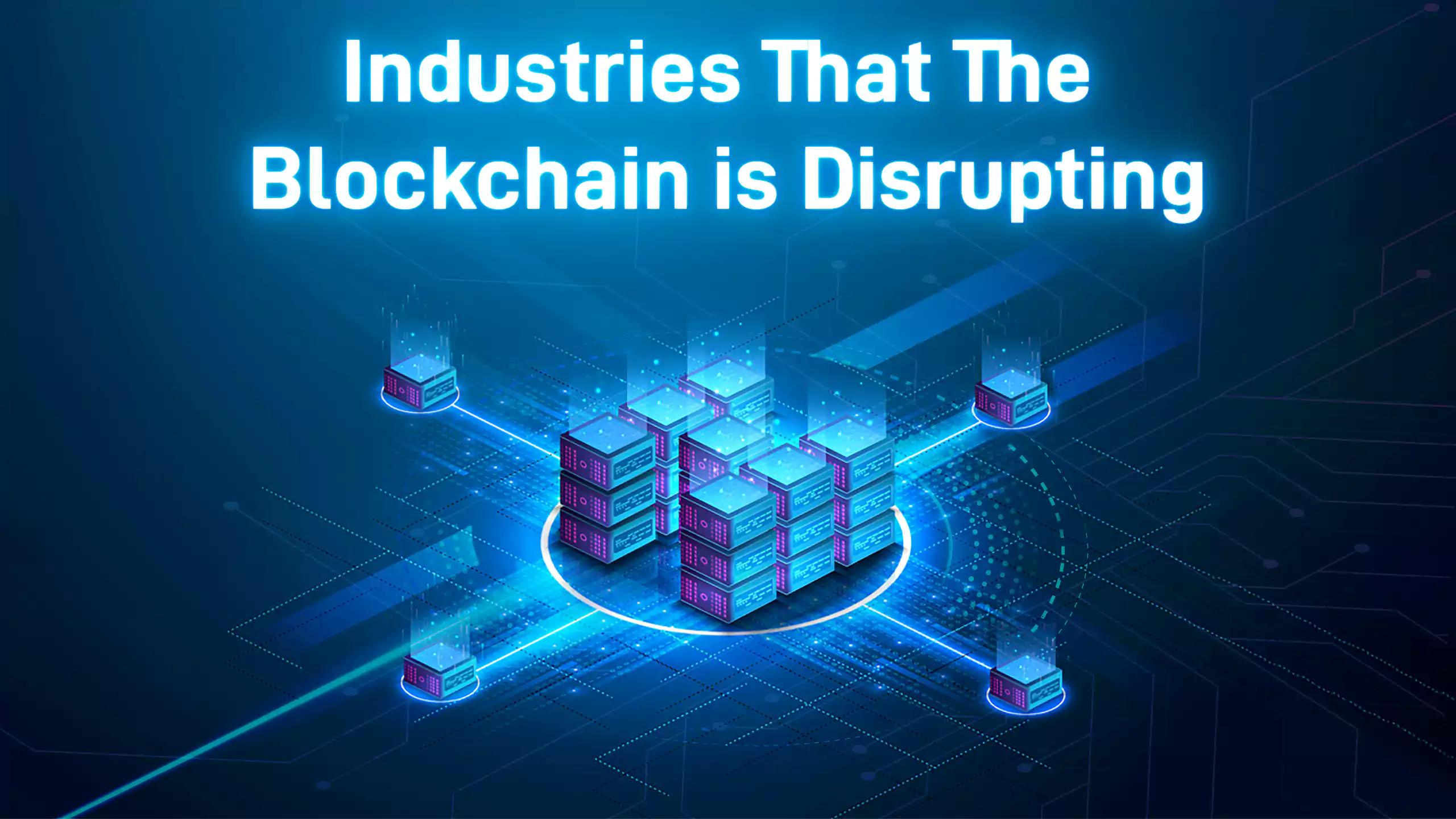As the world's systems continue to undergo major shifts, decentralization is cutting into different spheres of human endeavor. Today, there's a new way to organize people and their interests online, marked by democratized models, intensive security safeguards, and a reward system. This system, called DAOs (Decentralized Autonomous Organizations), is enabled by blockchain technology, which imbues it with a revolutionary and futuristic appeal.
Now, we understand that traditional organizations are far from perfect. So what will DAOs bring to the table? This article attempts to answer these questions by looking at the differences between DAOs and traditional organizations, their purposes, and why they will revolutionize organizations.
But before we proceed, what are DAOs, and how do they work?
What are DAOs?
A Decentralized Autonomous Organization (DAO) is a community-led entity without a central authority. It is fully transparent and autonomous: an intelligent contract that contains foundational rules and executes consensual decisions. The members can publicize the audit proposals, votings, and the code.
DAOs are governed by their members, who collectively make crucial decisions about the project's future, such as treasury allocations and technical upgrades. Community members design proposals about how the protocol will be operated and then converge to vote on the proposals. Proposals with pre-determined levels of consensus are accepted and entrenched in the smart contract for enforcement.
In DAOs, incentives are automated so that it is in the interest of each member's best interest to vote and approve proposals that seek to advance the protocol's best interests. An efficient protocol garners more usage, thereby increasing the value of tokens each member owns per time period. The protocol's success determines how much community members will earn.
You can form a DOA to create an investment firm or raise funds for a project, in which case members may pay an amount of cryptocurrency equivalent to the token they will earn from the DAO. In most cases, this payment system runs on the schedule set out in the smart contract.
Bitcoin is a famous example of DAOs where members buy and sell the cryptocurrency according to pre-determined terms, and each transaction is traceable on the blockchain. Many DAOs run on the Ethereum blockchain network, the second largest after Bitcoin.
A recent example of DAO projects dates back to November 2021, when some crypto enthusiasts set up a ConstitutionDAO to raise funds to purchase one of the first 13 printings of the United States Constitution. Though they failed at the auction and couldn't win a copy, they raised $47 million for the project.
Another exciting example of DAOs is LinksDAO, set up to raise funds to purchase and develop a golf course. NFT owners have a stake in the golf club and the right to vote on issues affecting the club. To become a member, you had to buy NFTs as your forms, raising over $10.5 million in sales for the group.
How are DAOs Different From Normal Organizations?
DAOs are different from regular organizations in many ways. Below, we highlight some of these reasons:
Hierarchy
Traditional organizations typically follow top-down hierarchical forms of leadership, with centralized authority at the top, such as the Chief Executive Officer (CEO) or Board of Directors. For example, the Chief Financial Officer (CFO) makes financial decisions. However, this isn't the case in a DAO.
For DAOs, leadership and decision-making are transmitted across a distributed network of autonomous members. There's no CEO, CFO, or designated leader exerting some form of authority.
Legality
Traditional organizations are legal entities, while DAOS are not recognized as legal entities in many states of the US. So again, traditional organizations use legal contracts as the basis for relationships within the structure. Meanwhile, DAOs use decentralized smart contracts to moderate and automate group activities.
Absence of Intermediaries
DAOs are unique in exchanging funds with stakeholders or investors without intermediaries like financial institutions or governments, Making it incredibly convenient to raise, invest or borrow money amongst members for any purpose. On the other hand, traditional organizations are affected by such intermediaries.
Democratized System
DAOs are generally democratic as every member of a DAO needs to vote on crucial issues or changes to be implemented against traditional organizations where a sole party could be calling the shots or deciding on matters. It's important to reiterate that while this may not be the case for all traditional organizations, it is a prominent feature in any kind of DAOs.
Funding
For DAOs, funding is based on a crowdfunding system that issues tokens to members. This system helps advance the DAO because the token earned per time is commensurate with the success of the protocols. On the other hand, traditional companies secure funding based on revenues, bootstrapping, credit unions, venture capital firms, angel investors, government funding, etc.
These are the critical differences between DAOs and traditional organizations. However, a bonus point will be that while traditional organizations are private, DAOs are public and transparent, especially while making decisions.
Will DAOs Revolutionize Organizations?
Whether DAOS will revolutionize organizations often ties to the hype around the future of blockchain technology. There's also a more compelling appeal to how DOAs help entrench transparency and remedy the low trust in corporate structures and governments. The computer code that governs the DAOs is open-source, so every member of the organization can see to verify that operations are as agreed.
It's almost intuitive to pit the high number of high-profile hacks and scandals in DAOs because this isn't working. However, members of DAOS don't share that view as protocols of DAO projects are proliferating like rabbits. Instead, DAOs seek to create transparent and trust-oriented systems. After all, every revolution, at least the successful ones, underwent a period of maturity.
At best, DAOs are still in their infancy, but many potentials exist. Though imperfect, they have all it takes to revolutionize organizations.
Conclusion
DAOs are changing how we organize events, projects, and set up businesses. They are decentralized with no central authority, democratize decision-making, funded by tokens, and driven by an incentive system that ensures members deal with the organization in their best interests. But it's not without flaws. For example, DAOs can't write code independently or create products, despite being "smart." However, it bears enough potential to revolutionize organizations.






